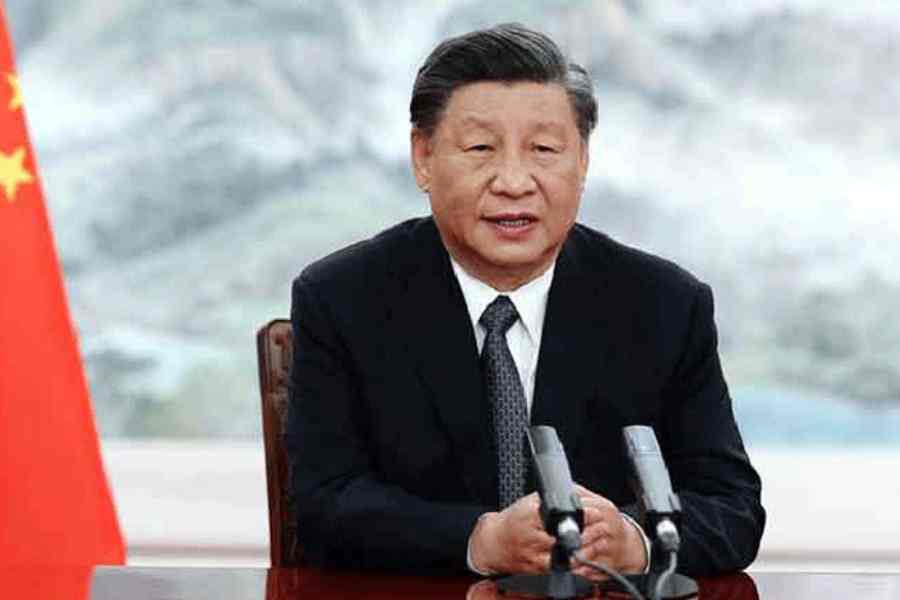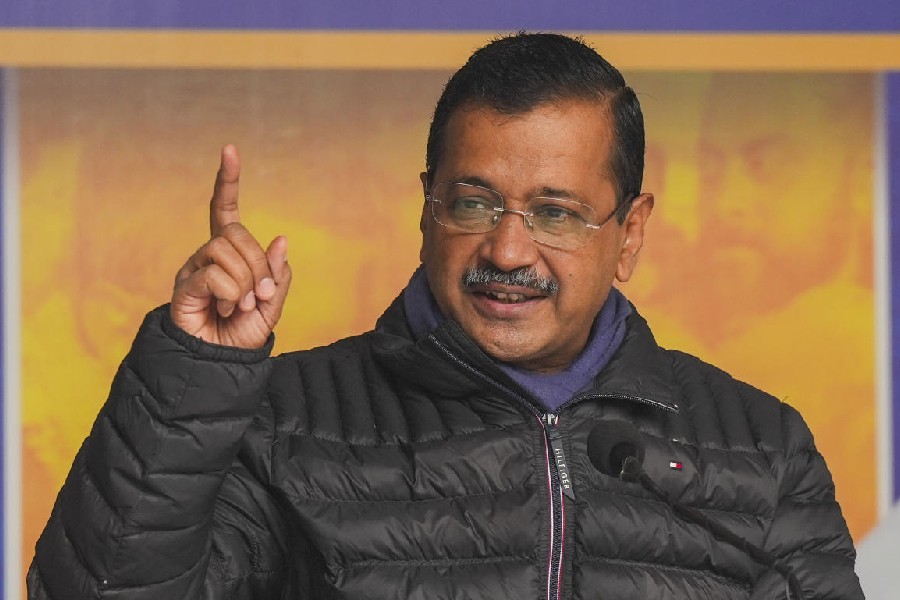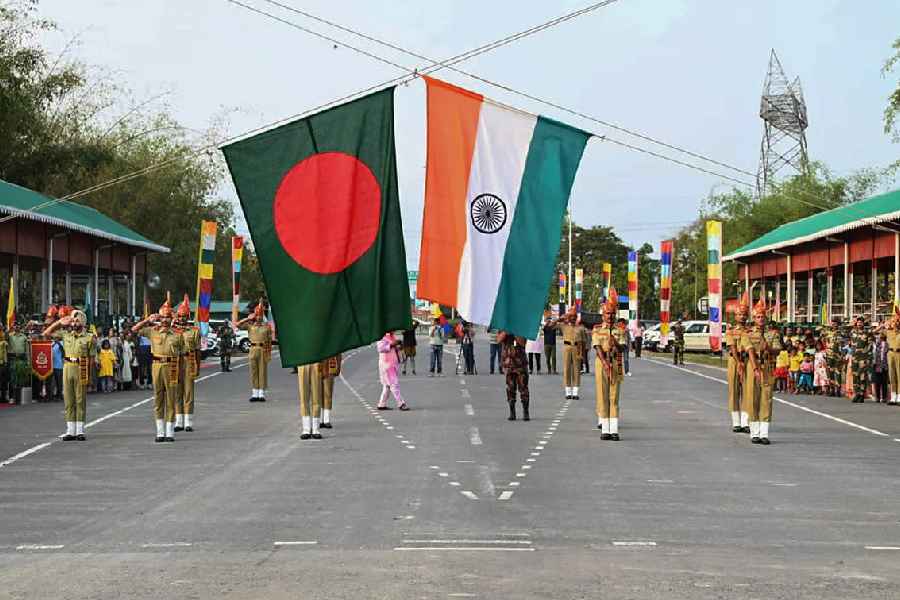As a lawyer in China, Lu Siwei belonged to a rare and increasingly besieged group willing to take on sensitive cases to defend rights activists and political pariahs. To stop him, the authorities put him under surveillance and barred him from practice, depriving him of his livelihood.
Lu’s wife and young daughter fled first, moving to the US. Nearly two years later, it was Lu’s turn. He left China last month, crossing over into Laos. A few days later, as he was preparing to board a train to Thailand, he was arrested by local authorities. Accused of using fraudulent travel documents, he was in Laotian custody as of late August and facing the threat of deportation.
Under Xi Jinping, China’s most iron-fisted leader in decades, Chinese authorities have aggressively expanded their net outside the country. They have opened police outposts in foreign countries, offered bounties for critics who have fled overseas, pressured members of the Chinese diaspora to become informants, and secured the detention or deportation of exiles abroad.
China previously had not been too concerned with dissidents overseas, confident that they would sink into relative oblivion, said Eva Pils, a law professor at King’s College London who studies human rights in China. That approach changed, she said, as some exiles emerged as high-profile critics of Beijing’s rights record, with several testifying repeatedly in front of a US congressional committee.
“What is really threatening is that China has increased its reach into neighbouring states, and also well beyond that. Nowhere is safe,” Pils said. “That poses many threats to the individuals concerned, it undermines the ability of other governments to keep people within their jurisdiction safe.”
Given China’s stature as a key trading partner that makes large investments in the infrastructure of Southeast Asian countries, the governments of Cambodia, Thailand, Vietnam and Laos have detained or extradited Chinese dissidents, presumably at Beijing’s request. In 2009, Cambodia deported 20 Uyghur asylum seekers to China. More recently, China critics like Dong Guangping and Gui Minhai disappeared from Vietnam and Thailand, only to resurface in Chinese prisons.
Experts have described Beijing’s campaign as “China’s long arm” or “transnational repression”. Combined with authoritarian tactics at home, this strategy has severely restricted space for defending rights in China, according to Li Fangping, a prominent Chinese human rights lawyer who moved to the US. With pressure building on their families, more and more lawyers are trying to leave China, he said. But the authorities have also imposed travel restrictions on them.
“They make conditions impossible for you, but they also don’t let you leave,” he said.
For a while, it seemed that Lu, whose clients included anti-Beijing protesters from Hong Kong, had escaped the dragnet. He was last seen in public trying to board a train from Laos to Thailand. In his last message to his wife, he said that he had been arrested by three officers and was at risk of being deported.
In a statement urging Laos not to deport Lu, UN experts said: “It is outrageous that human rights defenders working peacefully to promote, defend or protect the rights of others are being persecuted even while fleeing.”
The Laotian government did not respond to requests for comment. But earlier this month, its embassy in London confirmed, in an email to 29 Principles, a British advocacy group, that Lu had been arrested on suspicion of using doctored papers and was awaiting investigation and criminal proceedings.
Bob Fu, the founder of ChinaAid, a group that assisted in Lu’s attempt to travel from Laos to the US, said that Lu had a valid passport and visa for Laos.
Lu, 50, had been prohibited in the past from leaving China. He began his career as a commercial lawyer in Chengdu but started taking human rights cases after a mass arrest of activists and human rights lawyers in 2015 that came to be known as “709”.
A few years later, Lu and another lawyer, Ren Quanniu, were hired by the families of two Hong Kong activists. But Lu and Ren were barred from visiting their clients or representing them at trial, and soon they lost their licences to practice law.
The authorities accused Lu of making statements on social media that “endangered national security” and “seriously harmed the image of the legal profession”. He lost his job and was often obstructed in his attempts to find new work. A security camera inside his home monitored his movements, and he was followed on the streets. Many friends and colleagues stopped communicating with him.
New York Times News Service











